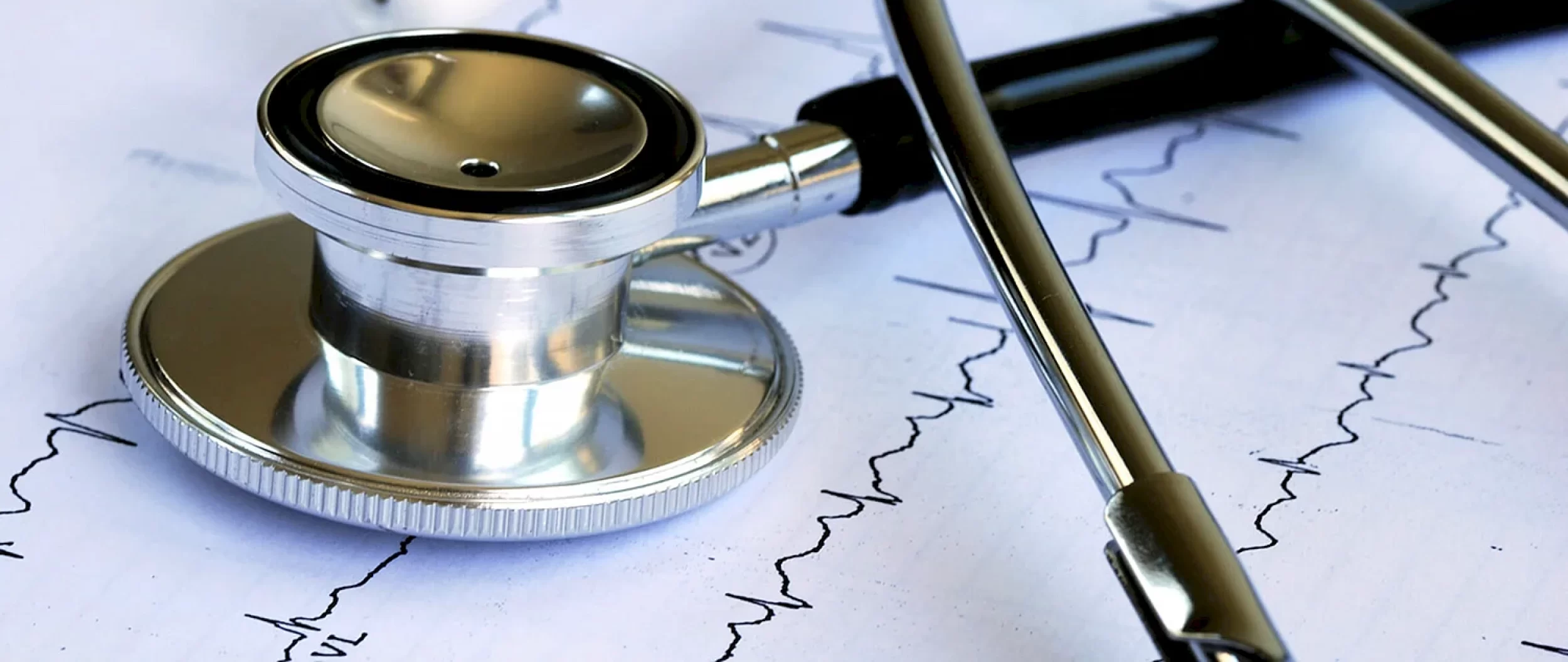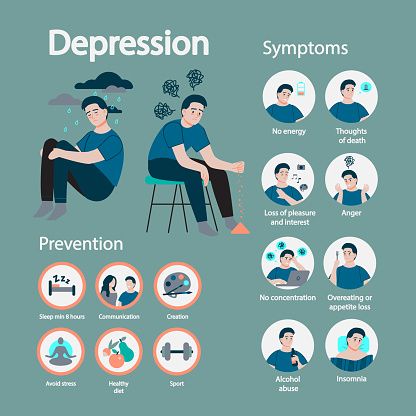Depression is a mental health disorder that affects millions of people worldwide. It can have a significant impact on an individual’s daily life, relationships, and overall well-being. Understanding the signs, symptoms, and coping strategies for depression is crucial in order to provide support and seek appropriate treatment. In this article, we will explore the common indications of depression, discuss the various symptoms experienced, and provide coping strategies to help manage the condition.
Recognizing the Signs of Depression
Depression can manifest differently in individuals, but there are some common signs to be aware of. These signs may include:
Persistent feelings of sadness or emptiness
Loss of interest in activities once enjoyed
Significant changes in appetite and weight
Difficulty sleeping or excessive sleeping
Fatigue or loss of energy
Feelings of worthlessness or excessive guilt
Trouble concentrating or making decisions
Thoughts of death or suicide
The Symptoms of Depression
In addition to the signs listed above, depression also presents various symptoms that affect an individual’s physical, emotional, and cognitive well-being. These symptoms may include:
Physical Symptoms
Headaches or migraines
Digestive issues
Changes in appetite
Unexplained aches and pains
Low energy levels
Sleep disturbances
Emotional Symptoms
Intense feelings of sadness
Excessive crying
Feeling hopeless or helpless
Loss of interest or pleasure
Irritability or agitation
Increased sensitivity to rejection
Cognitive Symptoms
Persistent negative thoughts
Trouble concentrating or remembering
Difficulty making decisions
Slowed thinking or speaking
Lack of motivation or initiative
Coping Strategies for Depression
While depression can be debilitating, there are various coping strategies that can help manage the condition and improve overall well-being. It is important to note that these strategies may not work for everyone, and seeking professional help should always be a priority.
1. Seek Professional Help
Consulting with a mental health professional, such as a therapist or psychiatrist, can be the first step towards recovery. They can provide an accurate diagnosis, offer personalized treatment options, and guide individuals through their journey to better mental health.
2. Build a Support Network
Having a strong support system is essential when dealing with depression. Reach out to trusted friends and family members who can provide emotional support and understanding. Joining support groups or online communities can also offer a sense of belonging and connection with others who are going through similar experiences.
3. Practice Self-Care
Engaging in self-care activities is crucial for managing depression. This may involve finding activities that bring joy and relaxation, such as hobbies, exercising, meditating, or engaging in creative outlets. Taking care of physical health through proper nutrition, regular exercise, and adequate sleep can also have a positive impact on mental well-being.
4. Challenge Negative Thoughts
Depression often amplifies negative thoughts and self-criticism. Learning to identify and challenge these thoughts can help shift focus towards more positive and rational thinking. Cognitive-behavioral therapy (CBT) techniques, such as reframing negative thoughts or journaling, can be beneficial in this process.
5. Develop a Routine
Establishing a daily routine can provide structure and a sense of purpose. Setting achievable goals and engaging in activities that bring a sense of accomplishment can boost mood and motivation. Prioritizing self-care within the routine is also vital.
6. Avoid Isolation
Depression often leads to social withdrawal, but isolating oneself can exacerbate feelings of loneliness and sadness. Making an effort to maintain social connections and engage in activities with others can provide a sense of support and reduce the risk of depressive symptoms worsening.
Conclusion
Depression is a complex mental health disorder that affects countless individuals worldwide. Recognizing the signs and symptoms of depression is crucial for early intervention and treatment. Additionally, incorporating coping strategies into daily life can help manage symptoms and improve overall well-being. Remember, seeking professional help is essential in managing depression, and no one should face it alone. Together, we can break the stigma surrounding mental health and provide a supportive environment for everyone.

